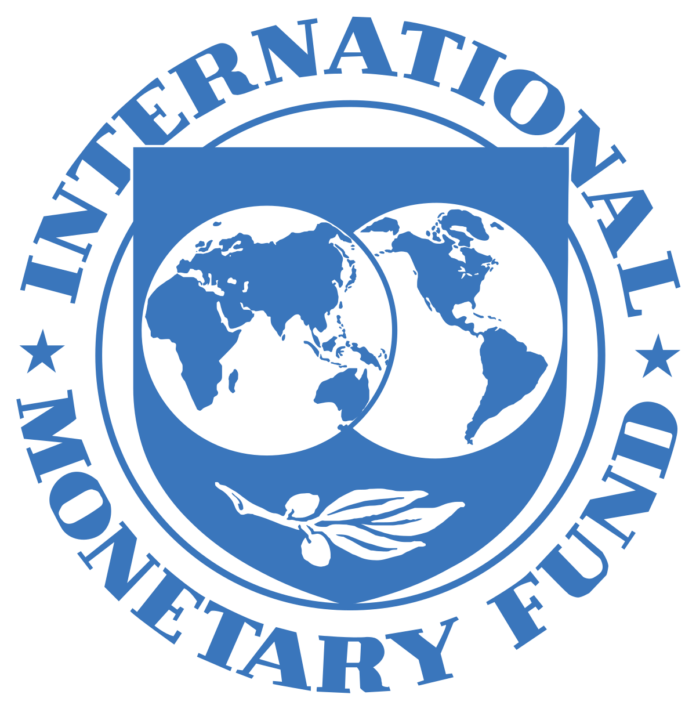According to the International Monetary Fund (IMF), the Nigerian government should give immediate priority to addressing food shortages.
This was stated by the IMF in its End-of-Mission statement, which was released on Tuesday in Abuja following the conclusion of the IMF Staff 2024 Article IV Mission to Nigeria.
According to reports, IMF staff teams’ initial conclusions during a visit to a country are communicated in the End-of-Mission statement.
The statement said that low growth, poor revenue collection, rising inflation, and long-standing external imbalances befell the new government’s challenging economic circumstances.
“Addressing food insecurity is the immediate priority.
”The recent approval of a well-targeted and effective social protection system is an important step toward addressing food insecurity in Nigeria and implementation will be crucial,” it said.
The Monetary Policy Committee’s (MPC) decision to tighten monetary policy further is expected to assist limit inflation and pressure on the Naira.
According to the announcement, from February 12 to February 23, 2024, an IMF team led by Axel Schimmelpfennig, the IMF mission chief for Nigeria, traveled to Lagos and Abuja to hold talks for the 2024 Article IV Consultations with Nigeria.
According to the report, the delegation met with Olayemi Cardoso, the governor of the Central Bank of Nigeria (CBN), and Wale Edun, the minister of finance and coordination minister of the economy of Nigeria.
Other attendees included high-ranking government and CBN officials, representatives from sub-national organizations, the commercial sector, and the Ministries of Agriculture and Environment.
The statement read in part, “Nigeria’s economic outlook is challenging. Economic growth strengthened in the fourth quarter, with Gross Domestic Product (GDP) growth reaching 2.8 per cent in 2023. This falls slightly short of population growth dynamics.
”Improved oil production and an expected better harvest in the second half of the year are positive for 2024 GDP growth, which is projected to reach 3.2 per cent, although high inflation, naira weakness, and policy tightening will provide headwinds.
“With about eight percent of Nigerians deemed food insecure, addressing rising food insecurity is the immediate policy priority. In this regard, staff welcomed the authorities’ approval of an effective and well-targeted social protection system.
“The team also welcomed the government’s release of grains, seeds, and fertilizer, as well as Nigeria’s introduction of dry-season farming.”
